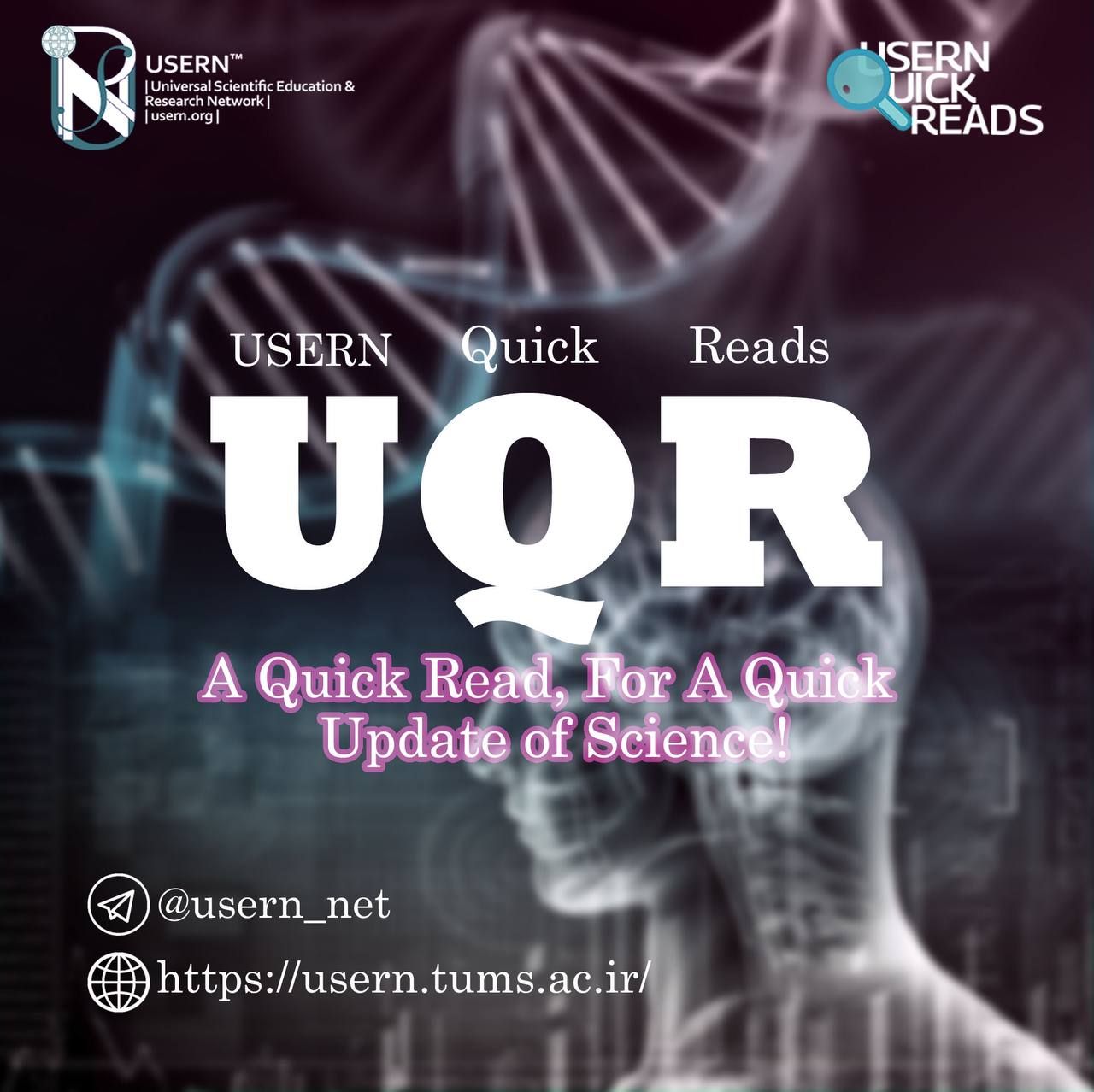Quick Reads
Could Sleep Deprivation Actually Help You?

Seventeen Hours of Consecutive Sleep Deprivation and You are Legally Drunk! We Have All Heard of the Adverse Consequence of Sleep Deprivation But is There any Chance That Sleep Deprivation Could Help You? Read through this #USERN_Quick_Reads Number 2 and You’ll Know.
Could Sleep Deprivation Actually Help You?
By Farzaneh Rahmani
Seventeen hours of consecutive sleep deprivation and you are legally drunk! Scientists have shown that with only 17-19 hours of wakening, memory and executive performance reduces to a blood alcohol level of 0.05 mg/dL, the legal threshold for drunk driving in the United States. More horrifying is that up to 35% of American citizens have stated that they have ever had driven after more than 19 hours awake or more. We Have All Heard of the Adverse Consequence of Sleep Deprivation But is There Any Chance That Sleep Deprivation Could Help You?
Sleep deprivation is a universal phenomenon. According to the Iranian National Road Police, half of the annual deadly car crashed can be attributed to the drivers wear-out and sleepiness, this means over 7000 lives and over 1 billion year of life are lost by fatigued drivers, every year. Insomnia is the most common psychiatric outpatient complain and something between 10-60% of the world’s population have difficulty sleeping. No wonder that students of the 21st century are facing this situation now more than ever, certified by WHO statistics claiming that something between 30-75% of adults and 30% of school children worldwide are suffering from sleep deprivation. Sleep deprivation and insomnia invariably associate with a higher risk of metabolic syndrome as getting less than 6 hours of sleep a day triples your chance of getting obese. Loss of night sleep increase the risk for high blood pressure and sudden cardiac death by 80%, even increase the risk for miscarriages or cancer!
Could sleep deprivation be helpful at all? A link between depression and anxiety with sleep deprivation and insomnia has long been proposed. Insomnia or subjective poor sleep quality is now part of the diagnostic criteria for depression and the initial and first complaint in as many as 20% of them. Depression and anxiety are two sides of a unique phenomenon that results from subjective hyperarousal, impaired emotional regulation and mood liability to shaking, bad life events. This theory supports that insomnia is produced as a result of individual’s susceptibility of internalization of external stressors and sad experiences. How about an internal stressor? For years, the quote "early bird catches the worm" has been whispered to us, without knowing the true meaning of it. Have you ever tried being up so late at the night of an exam and found yourself full of energy, the next day when you had to get up early to be there on time? Scientists have found that mild sleep deprivation and to be more specific "paradoxical/REM" sleep deprivation activate a certain neurohormonal response that actually boosts your performance and your feeling toward yourself. Animals who were selectively deprived from the "rapid eye movement (REM)" phase of their sleep showed higher corticotropin levels, higher expression of neurotrophins and increase working memory performance, even performed better in their mating and parenting duties! REM sleep, or the so-called paradoxical sleep, because your brain electrical activity resembles that of wakefulness, occurs normally as bouts of up to 90 minutes of low frequency discharge, associated with muscle atonia and the characteristic rapid, saccadic movements of the eye.
Interestingly, depression was found to associate with an increase in REM sleep duration and intensity, with low incubation time between sleep onset and the first REM episode and increased time spent in REM sleep with increased cortical activity and potentially dreaming. The increase in REM portion of the sleep might also explain why depressed patients often complain of a non-restorative sleep despite sometimes normal time spent in bed. As a final hit REM sleep deprivation was found to have anti-depressive effects, and has been used as add-on therapy to anti-depressive medication in clinical trial of patients dealing with depression.
So next time you have a friend complaining about the world and him and life being worthless, wake him up early and push him out of bed. It might jeopardize your relationship but pays off!
Remember! We keep on sharing more awesome content with you to feed your need for a quick read.
#Keep_Up with the #USERN_Quick_Reads
